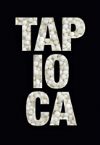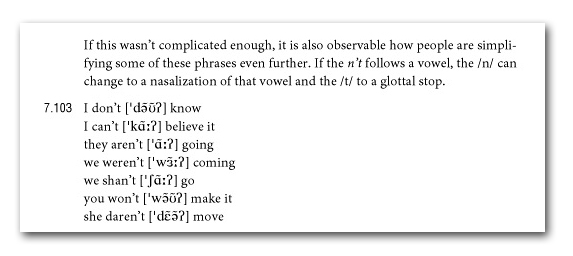|
ESL Forum:
Techniques and methods
in Language Teaching
Games, activities
and teaching ideas
Grammar and
Linguistics
Teaching material
Concerning
worksheets
Concerning
powerpoints
Concerning online
exercises
Make suggestions,
report errors
Ask for help
Message board
|
ESL forum >
Ask for help > Help needed on listening comprehension activity
Help needed on listening comprehension activity
|

NanG

|
Help needed on listening comprehension activity
|
|
Hi Everyone! I need some help on this. I �m checking a listening comprehension activity in which the recording says : "The beaches were fantastic. There were many people at all" ( It doesn �t say " weren �t ") And one of the options of the True and False activity is: "There were a lot of people on the beaches." Now, my question is : Is this True or False? As far as I understand it should be False. What do you think? Thanks in advance! Nancy |
2 Oct 2015
|
|
|
|

12bprecise

|
|
It should say, "There weren �t many people at all." You can �t use "at all" with a positive statement. In natural pronunciation, "weren �t" would sound almost the same as "were." At the end of words, we pronounce "t" in the throat (with the glottis). You can �t hear it very easily. We would use the context to figure out whether it �s positive or negative. It �s false. If the beaches are fantastic, it �s because there weren �t many people. |
3 Oct 2015
|
|
|

Tapioca

|
|
Hi Nancy, 12b is right and I sympathise because it �s a tough one. It will sound almost EXACTLY as if the speaker is saying �were � and only the context/logic will help. Both the �n � and the �t � are lost. The vowel sound after the �w � is slightly longer than it would be if the speaker were saying �were � and probably the tone is a little higher and that should tell you that a negative is being emphasised, even if it doesn �t sound like one otherwise. Technically (if you �re interested!) it �s called glottalization. You can Google it. The best beaches are empty beaches... :-) Tap |
3 Oct 2015
|
|
|

NanG

|
Thank you very much for yor help !!!  |
3 Nov 2015
|
|
|








